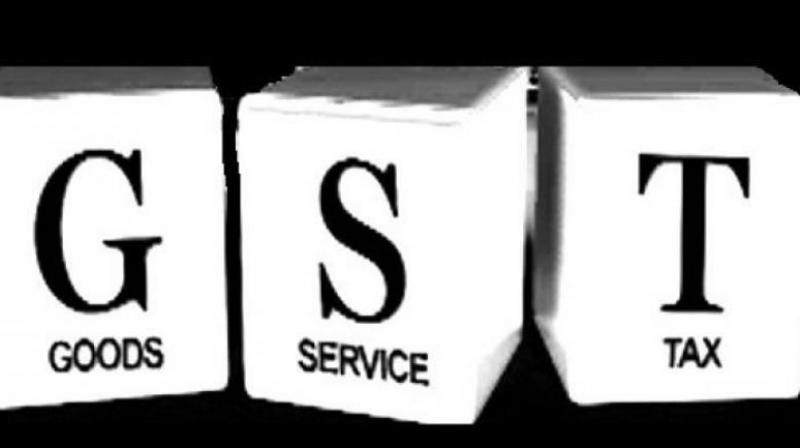Ambiguity on e-way bills under GST; border check-posts to exist

Mumbai: State border check posts collecting taxes for movement of goods from one state to another will continue to do so due to lack of consensus among members of the Goods and Services Tax (GST) Council on the issue of e-way bill.
Border check posts for taxation were to be dismantled with the implementation of the GST. "E-way Bill has still not been finalised. The indication from the Finance Minister that states may continue with their own current system on e-way bills brings ambiguity around the same and may dilute the one nation, one tax motto of GST," said EY India, Tax Partner, Abhishek Jain according to a report in the Economic Times.
The e-way bill which is crucial to the ‘one nation, one tax’ idea of GST has been a matter of debate. Businesses will need to generate an e-way bill in real-time from the GSTN for goods valued more than Rs 50,000. This e-way bill will be accompanying the invoice when the goods are transported. "It appears that the requisite IT infrastructure to get the e-way bill rules implemented is not ready and would take some time. The only option is to continue with the existing system of waybills under the VAT laws. This would require an amendment to the existing GST rules to borrow the provisions from the State VAT laws that would expire from 1 July," says KPMG India, Indirect Tax Partner, Priyajit Ghosh.
Some experts feel that the lack of consensus on e-way bills will be a roadblock to the seamless movement of goods. "In the present system, there are restrictions because the tax rates are sometimes different across states and in the absence of any regulation there is the possibility of tax arbitrage. Currently, we have a way bill or road permit, which, when generated online under GST would become e-way bills. This was relevant when there was different in VAT rates of states. There should be no question of having way bills under GST," said Senior Director of Deloitte India, MS Mani.
Therefore, if the existing system is to continue, it will be against the spirit of GST. States like Karnataka which has a way bill called E-Sugam and UP which has e-Suvidha are likely to continue.
According to Ghosh, the rules are different for different states. For examples, Delhi requires waybills for incoming goods whereas Maharashtra does not require any waybill. Karnataka requires waybills for both incoming as well outgoing goods. This would mean that states will continue to deal with way bills differently while the GST law would be the same.
Disappointed with this complexity, Mani also added that, "The border check posts will remain, which means trucks will have to wait and seamless movement of goods across the nation is still some distance away”.

